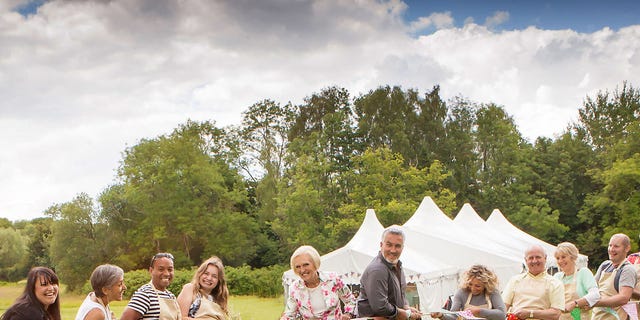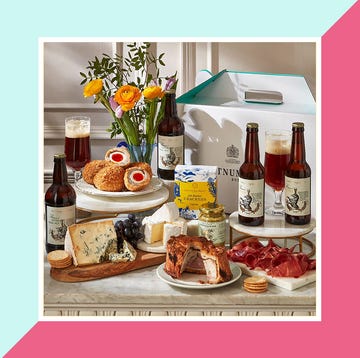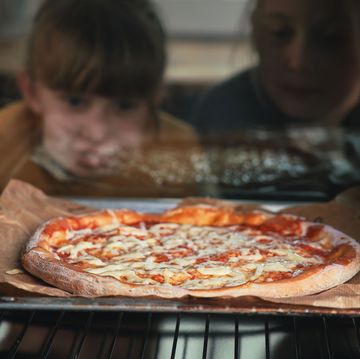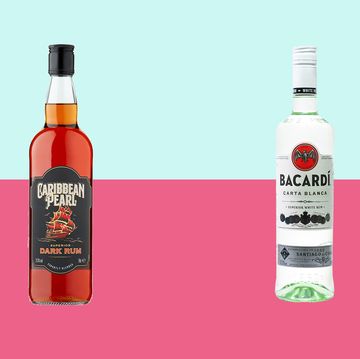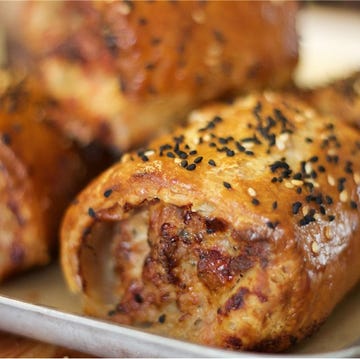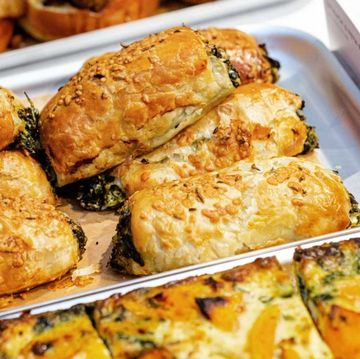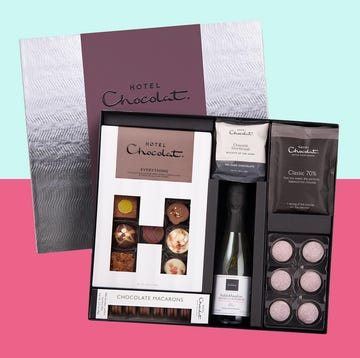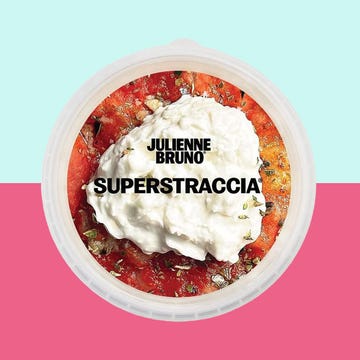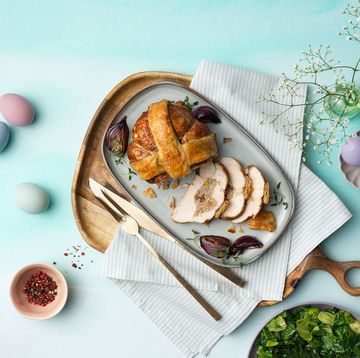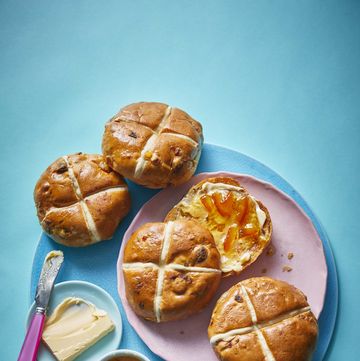Author Sarah Vaughan, whose debut novel The Art Of Baking Blind centres on a cooking contest, explores why GBBO means so much to us.
The team behind the Great British Bake Off must have been doling out the celebratory cupcakes and cracking open the prosecco the day the programme made it on to Newsnight and featured as the splash in The Sun.
Nothing better illustrates the breadth of the GBBO’s appeal. Not even the viewing figures of 8.5 million for the controversial 'bingate' episode in which Iain Watters threw his melted ice cream in the bin and stormed out of the tent after it was removed from the freezer by another contestant – nor the fact that almost double the number of people watched the subsequent episode than the England Norway game.
Even before this drama, it was clear that Bake Off had become a water-cooler programme. The move to BBC1 and the introduction of the Extra Slice spin-off only cemented its appeal. But why is a programme about a dozen amateur bakers in a tent so massively popular?
Escapism
A huge part of its attraction is, surely, that it is escapist. This world bears no relation to reality – from its bunting-strewn marquee in the grounds of a vast country house to its assumption that people are willing to spend four and a half hours whipping up a Baked Alaska.
Warmth and camaraderie
If its nostalgia and escapism appeals, then so does its gentle atmosphere of warmth, courtesy and camaraderie. People are nice on the Bake Off – and perhaps that’s why ‘bingate’ caused such a storm.
The heightened frustration, the wry face-pulling, the loss of temper were so very untypical of this gentlest of series. Diana’s ‘well, he’s got his own freezer’ – perfectly understandable in the fraught conditions – was the sharpest retort ever seen on a programme in which contradiction is – as Mary might say – ‘not really acceptable’. Disagreement should be restrained: restricted to a quizzical wrinkling of a nose, as perfected by last year’s finalist, psychologist Kimberley Wilson, and reserved only for reactions to judge Paul Hollywood, not for one another.
Intrigue: why do they bake?
The drama of Bake Off is subtle and emerges as we get to know the final five or six bakers: those with talent, not just idiosyncracies or a hipster hairstyle. It’s when we begin to understand why they bake that the programme compels. When we see that law graduate John Whaite – winner of series 3 – is torn between a future as a commercial lawyer, which would please his mum, and his dream job: creating patisserie. Or when Jo Wheatley, winner of series 2, says she bakes 'to do something for myself' – something many of us can relate to.
It may appear to be all about cakes but, for me, Bake Off is about the psychology of baking. The contestants’ back stories; what drives them on. Like home-made bread, it takes time for its true flavour to develop but, once sampled, it’s addictive: a winning recipe – and one of which we seem unlikely to tire.
Buy The Art Of Baking Blind by Sarah Vaughan, out now
Like this? You'll love...
Baking tips from Mary Berry and Paul Hollywood
5 minutes with Sue Perkins
More GH events and what's on
